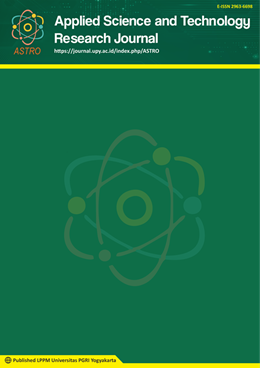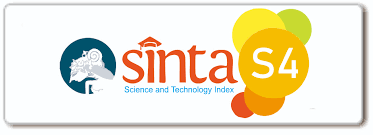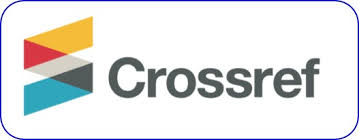E-Learning Curriculum Thematic Rejodadi Elementary School Use Method UML-Based Hybrid
DOI:
https://doi.org/10.31316/astro.v2i1.5044Abstract
The Ministry of Education and Culture of the Republic of Indonesia regulates regulation to education through the determination of SNP ie National Education Standards. The curriculum used in education in Indonesia is Curriculum 2013. Thematic integrated is a Suite implementation in the learning process using Curriculum 2013. Integrated thematic learning is learning by integrating several lesson contents into a theme. Rejodadi Elementary School is one institution with moderate education development moment this is working To always increase the quality of Good activity and service. The moment This Rejodadi Elementary School currently faces the Covid-19 pandemic, where is the learning process teach done fully online or online at home? There is online application or e-learning of course become a challenge alone for SD Rejodadi which was affected plague. The PHP programming language and MYSQL database are used in building system this. Method data collection using method studies literature, observation, and interviews. Based on matters, the author wants to create and design something E-learning application about material and questions For Rejodadi Elementary School students. Study This will take the title “E-Learning Curriculum Rejodadi Elementary School Thematic Use Hybrid-Based UML Methods.
Downloads
Published
How to Cite
Issue
Section
Citation Check
License

This work is licensed under a Creative Commons Attribution-ShareAlike 4.0 International License.
Authors who publish with this journal agree to the following terms:
- The journal allow the authors to hold the copyright without restrictions and allow the authors to retain publishing rights without restrictions.
- Authors retain copyright and grant the journal right of first publication with the work simultaneously licensed under a Creative Commons Attribution-ShareAlike 4.0 International License that allows others to share the work with an acknowledgement of the work's authorship and initial publication in this journal.
- Authors are able to enter into separate, additional contractual arrangements for the non-exclusive distribution of the journal's published version of the work (e.g., post it to an institutional repository or publish it in a book), with an acknowledgement of its initial publication in this journal.
- Authors are permitted and encouraged to post their work online (e.g., in institutional repositories or on their website) prior to and during the submission process, as it can lead to productive exchanges, as well as earlier and greater citation of published work (See The Effect of Open Access).












